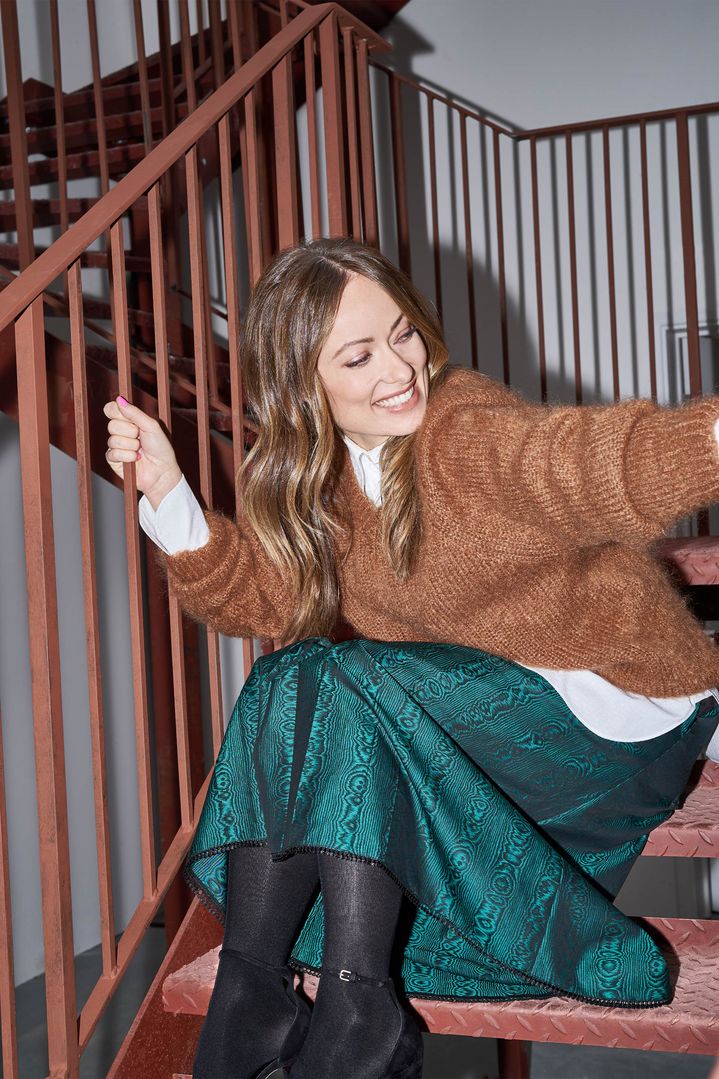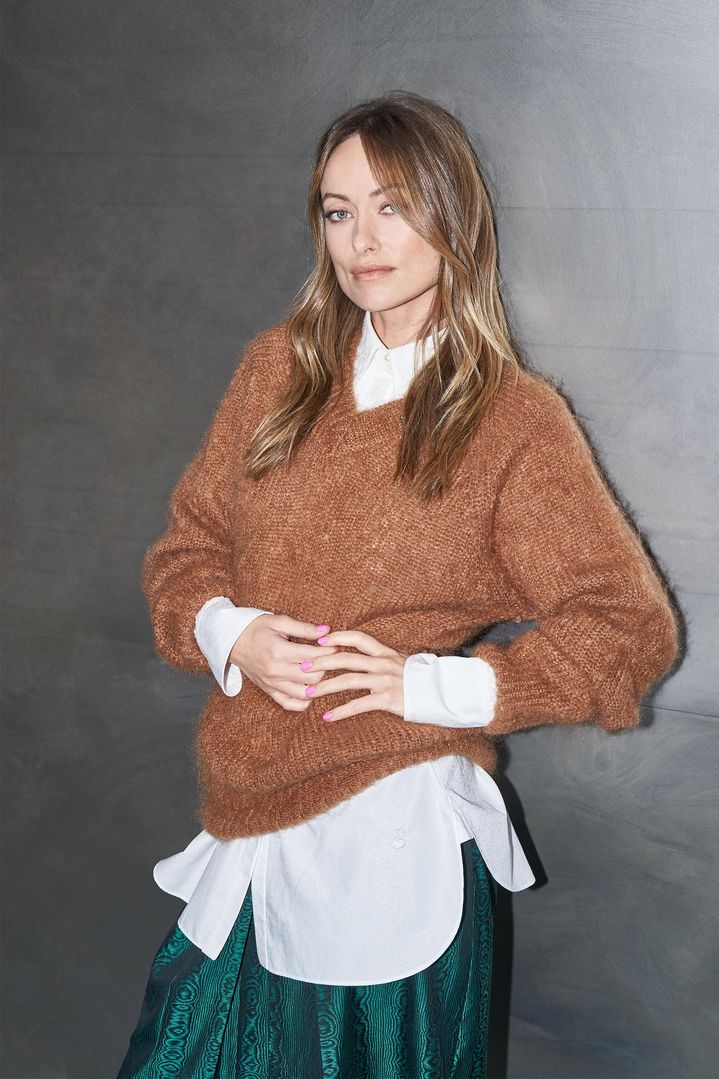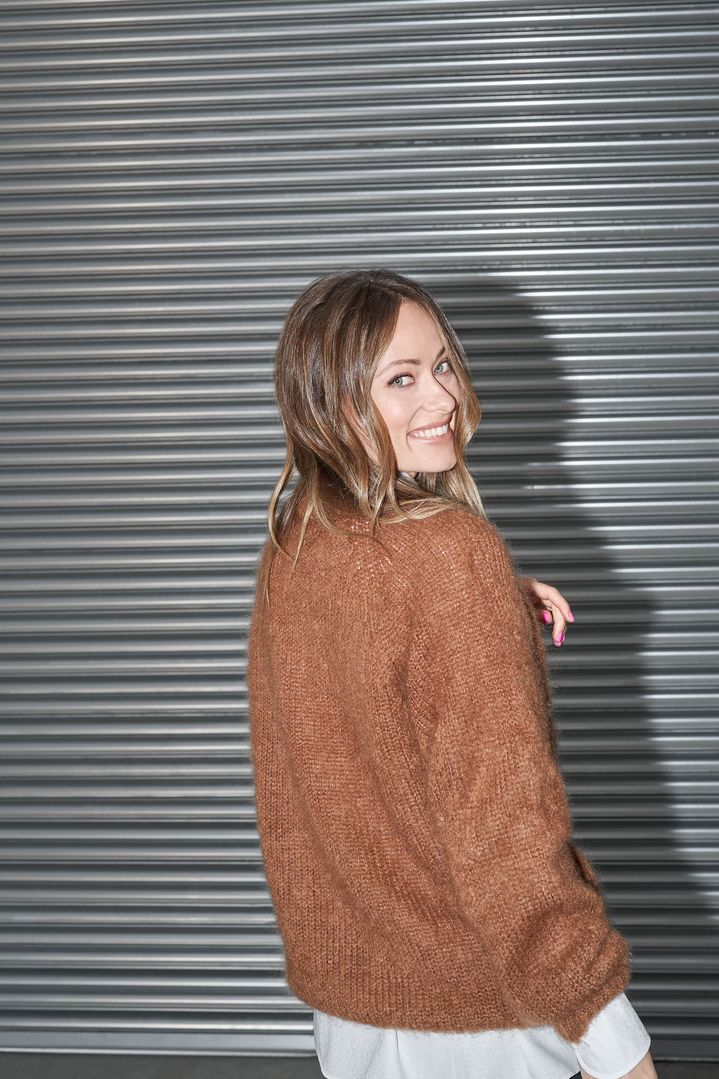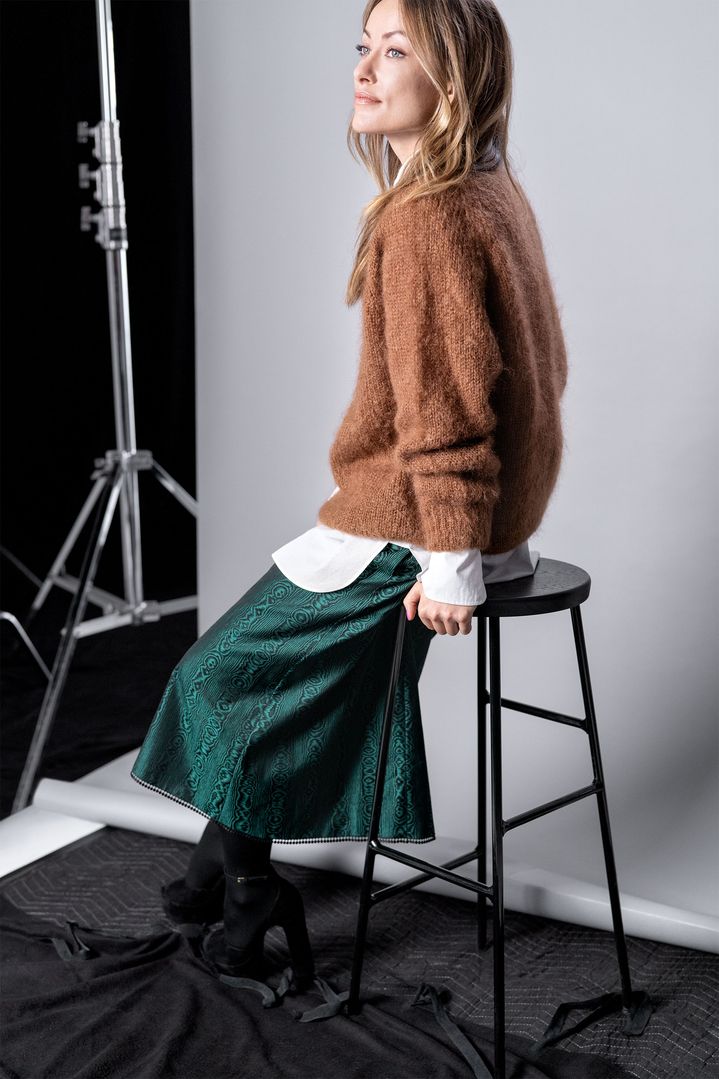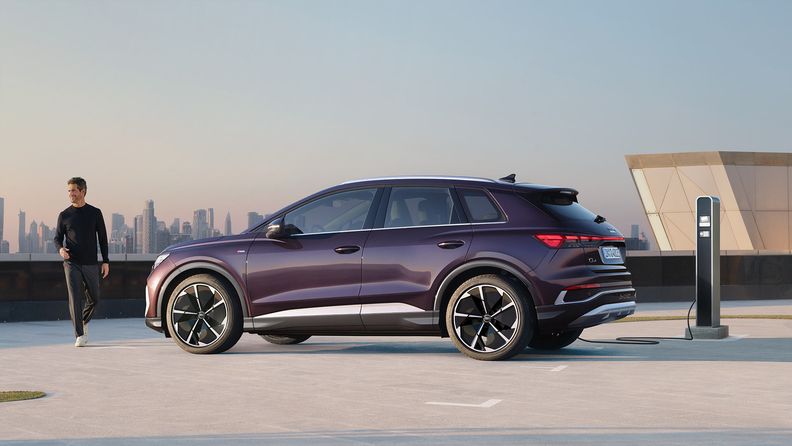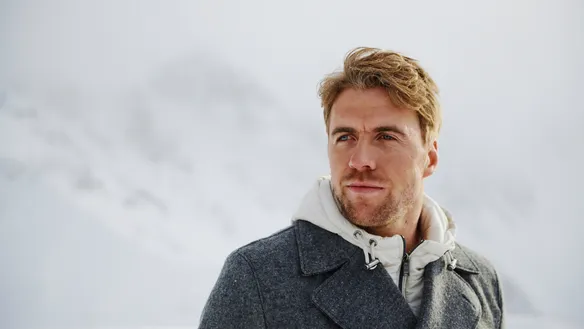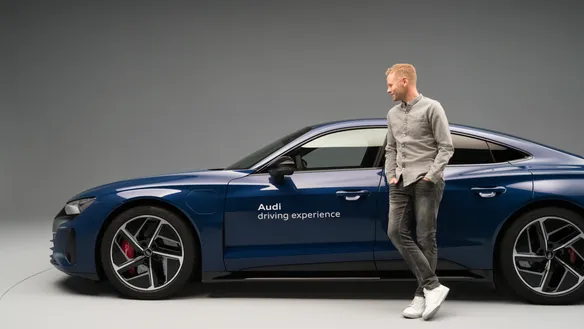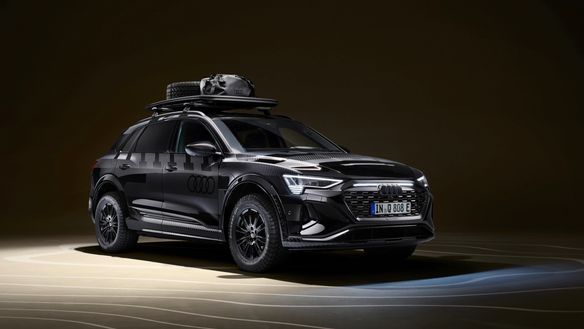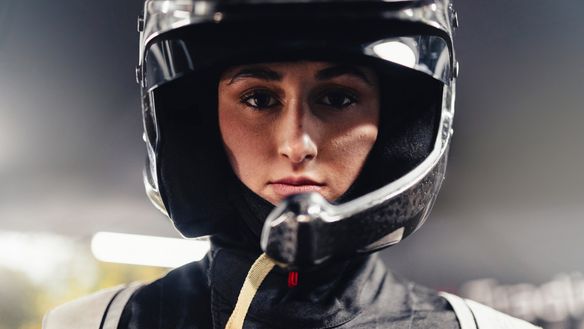Bold and courageous
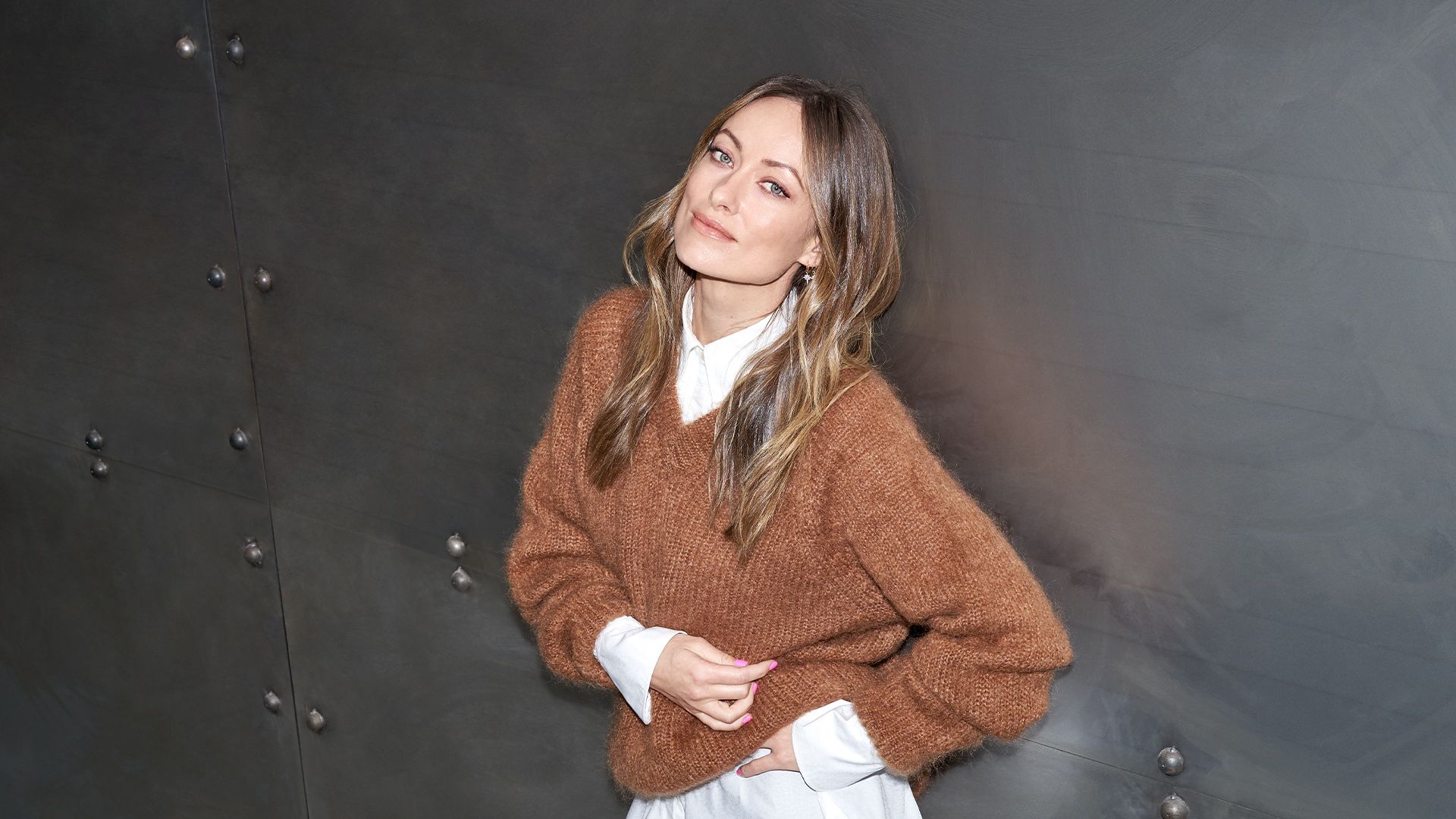
When did you recently do something for the first time?
A recent first for me was directing a feature film during the Covid-19 pandemic, which required learning to be a really effective leader. It was a challenge and a really interesting exercise in collaboration. It was the first time I had to step into a leadership role in such an intense way.
Who is the actor, director and woman, Olivia Wilde?
I’m a director, actor, producer, screenwriter and in my best moments, an activist. But I’m also a mother and a human being who is just trying to make the world a little bit better than when I found it.
Was there a moment in your life that made you into the person, actor or director you are today?
I recognised early on that success is not guaranteed, which is why you have to value the process of creation and not just its results. I always wanted to be an actor. Initially, I worked as a casting assistant but was already acting in films and television when I was only 18. From pretty early on in my career, I had to come to terms with disappointment in the form of films that didn’t do well, not landing roles and shows getting cancelled.
Those experiences actually formed me. But I learned that you always have another opportunity to do better, to improve and evolve. What’s more, the number of people who come together to create something is an extraordinary example of collaboration. I’m deeply moved by the amount of effort invested in something that is in no way guaranteed.
“
Real progress means sacrificing the safety nets or structures in a situation.”
What does progress mean to you?
Progress means thinking outside the box and shifting the paradigm. Part of that is understanding that the reality you’re presented with is not necessarily one that you’re stuck with. Progress is the ability to recognise that potential for change. And it’s also the process of attempting to effect that change. Of course, real progress is incredibly difficult. Real progress means sacrificing the safety nets or structures in a situation - understanding that in order to change things you must be willing to disrupt them.
How do you embrace progress as an actor, director and in your personal capacity?
My approach to embracing progress is to recognise where I’m in control of driving progress in my personal or professional life and to try to keep evolving. That means changing the way I live to try to be a better human being here on Earth and making choices in keeping with a certain philosophy. In my case, that’s pursuing a more sustainable lifestyle - one that’s sustainable for the planet and for me because it allows me to personally make a difference. On the professional front, when I hire people for any sort of project I’m directing, I aim to really think in a progressive way about how to ensure the crew better reflects the world I live in. That way, I hope to create progress in the industry, which I would really like to see change. As individuals, we have an enormous amount of power. Those who hire people have even more power, while companies can exert even greater influence on furthering progress.
That’s why it’s important for major global brands like Audi to focus on driving real change because that sends a message to smaller brands and consumers that progress is a priority. It really makes a difference when people regard progress as mainstream. Progress cannot be a niche hobby or sideline, something that we get around to when we have time, if possible. We have to restructure the ratio of how we think about progress. If you set a new standard, others will rise to that standard, but it takes a major brand to do that. The only way things change is when major players in the game risk shaking things up.
Has progress always been a part of your life? Are you the architect of your own success?
Yes, I think that progress has always been a part of my life - I never want to stop evolving and stagnate. I don’t think I’ll ever reach a point where I think, I’ve nailed it - I’ve become the person I want to be forever. That would be limiting myself. Every time I accomplish something, I start thinking of what the next step will be, how can I change and do things even better. It’s a constant state of becoming.
What’s the source of all your motivation and inspiration?
In terms of progress, my inspiration comes from my mentors, people who’ve been around a lot longer than I have and who have forged a path. They include other actors, directors, producers or writers. I’m also inspired not only by people who were born into a completely different society that’s far more connected and aware, but also those who were born into a world at risk of environmental annihilation - people like Greta Thunberg, who has testified before Congress about the future she faces. I’m inspired by a lot of young artists who use their voices so eloquently and powerfully.
Talking about sustainability, how do you live a more conscious lifestyle?
I try to achieve a more sustainable existence by always thinking twice- about the way I buy and reuse things. That means trying to do the most basic things, such as recycling or buying vintage clothes, thinking about the way I buy things like cars or anything at all. After all, my money is my vote - it’s a vote for a company and the way that they’re operating.
Which topics are very important for you?
I’ve spent years trying to ensure that, around the world, children’s most basic needs including health care and education are met. I recognise that I have the power to impact the lives of children who would otherwise find themselves in incredibly vulnerable situations. Another topic I’m passionate about is criminal justice reform in the United States, especially the concept of restorative justice—shifting the way we think about penalties and how people reenter society.
Since childhood, I’ve also been passionate about the environment. I was lucky to be raised by a family who cared deeply about environmental conservation. I founded a company called Conscious Commerce, which works to pair brands with different initiatives in the sustainability space.
“
I try to achieve a more sustainable existence by always thinking twice.”
What do you want your kids and other people to learn from you?
If I could teach my kids anything, it would be to maintain their sense of curiosity and never lose their sense of wonder. With information at our fingertips at all times, we sort of expect ourselves to know everything instead of being open to wonder and allowing ourselves to use our imaginations. I hope my kids maintain their sense of curiosity and their truly wild imaginations.
What does it take to be a leader?
Good leaders are empathetic and strive to communicate with real clarity. They never ask others to do something they wouldn’t do or haven’t done in the past. They understand that they are responsible not only for the safety of the people under their influence but also quite frankly for those individuals’ mental wellbeing.
You are an actor, director, mother and successful woman. What comes next?
I’d like to direct different kinds of things. I’ve spent more than a decade acting in films, listening to my directors and asking the crew a lot of questions, trying to learn more and more about making films. Now, I want to use this opportunity to make as many different things as I can. I’m excited to grow and improve.
How can we drive progress for humanity?
I think we can drive progress for humankind by being bold and courageous and willing to sacrifice familiar systems in the hope of finding better alternatives. We can’t let ourselves be bogged down by predictability and expectations because that’s how societies stagnate.
